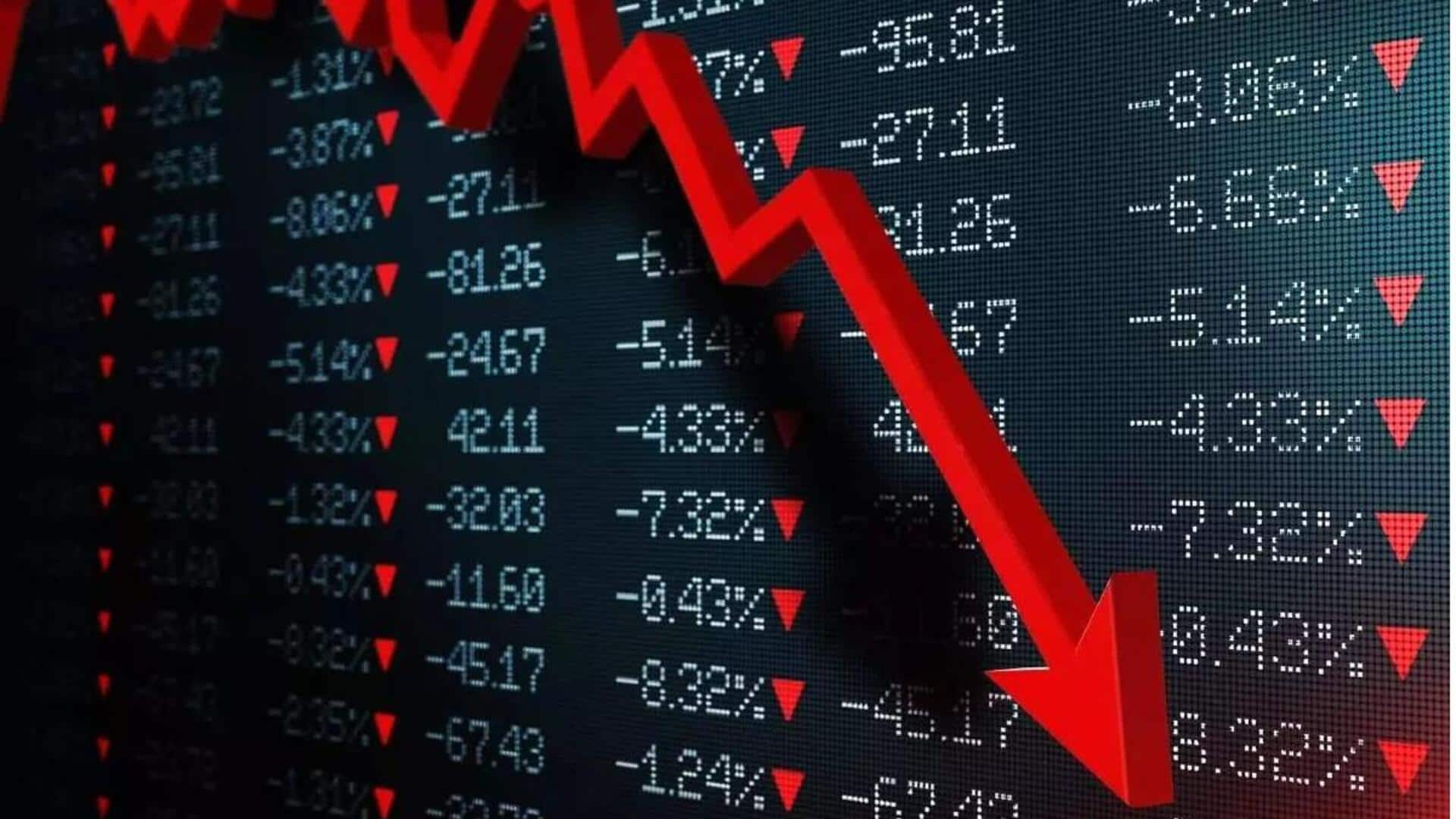
Small-cap stock decline wipes out Rs. 9L crore investor wealth
What's the story
The stock market has experienced a substantial decline since February 19, with small-cap stocks bearing the brunt of the downturn.
This market correction has resulted in a loss of more than Rs. 9 lakh crore in investor wealth, representing more than half of the total value destruction.
Despite this, small-caps saw a recovery yesterday (March 14), with the BSE Smallcap index soaring by over 3% after losing 12% since its peak on February 19.
Stats
Small-cap stock performance: A year in review
Smallcap stocks have had an impressive performance over the past year, significantly outperforming large-caps.
Between April 1, 2023, and February 19, 2024, the Sensex saw a gain of about 24%, while the BSE Smallcap index surged by a whopping 71%.
However, small-caps have been undergoing a correction for the last three weeks due to various market factors.
Biggest losers
Major losers in market dip
From February 19 to March 14, a total of 16 stocks from the BSE Smallcap index lost between 40-56% of gains from 52-week highs.
Ramky Infrastructure suffered the most significant loss, dropping by 56% after gaining 65% in the previous year.
Andrew Yule & Company and IFCI also experienced substantial losses, with both stocks seeing around a 47% decrease from their recent highs.
Silver lining
Analysts' perspective on market correction
Despite the significant fall, market analysts suggest that the recent correction is relatively minor given the substantial gains of the past year.
Even with a 10% decline in the BSE Smallcap Index over the past month, it is still up by 54% over the past year.
Interestingly, 63% of small-cap shares have provided returns exceeding 30% in the last year, despite most experiencing negative returns recently.
Facts
Kotak AMC's strategy amid small-cap market correction
Harsha Upadhyaya, CIO- Equity at Kotak AMC, stated in an interview that despite the correction in the midcap and smallcap space, they have not fully utilized their available cash.
He mentioned that some of their preferred stocks based on fundamentals have not yet reached the price levels where they would feel comfortable buying.
He also noted that areas with excesses building up are currently experiencing the most corrections.